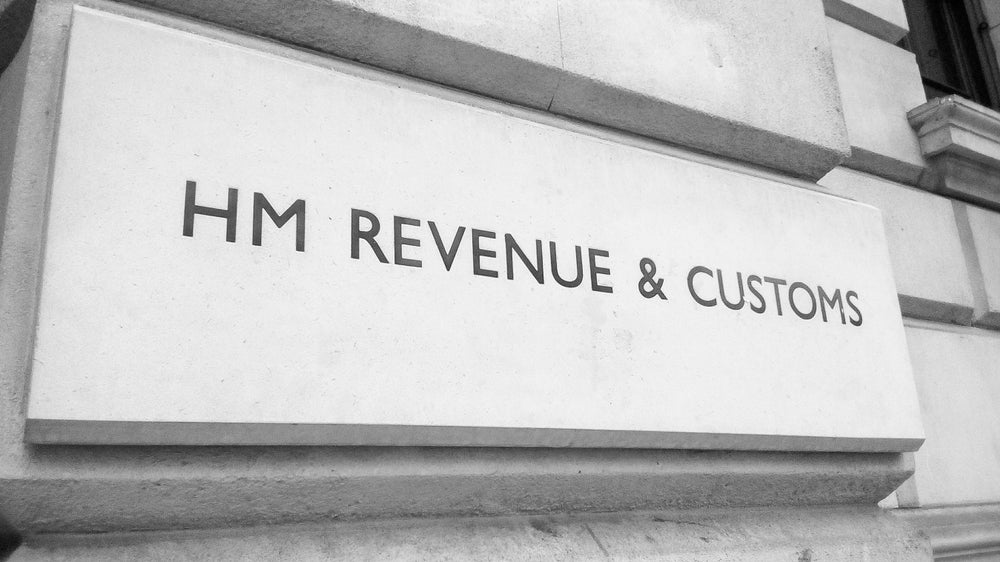The leaking of the Panama Papers, all 11.5 million of them, has generated a flurry of activity around the world as some political leaders duck for cover, others fall on their sword and yet more scramble to show how forthright and resolute they are in combating the scourge of tax evasion.
The accounting profession is all too familiar with kneejerk political responses to economic crises and market failures which are often characterised by the hasty implementation of new laws and regulations. We saw it in the aftermath of the collapse of Enron and again after the financial crisis of 2007-08.
The incremental law reform and multilateral efforts led by the OECD and G20 to tackle Base Erosion and Profit Shifting (BEPS) must continue to be supported and we note the progress that is being made.
In November last year they committed to implementing 15 action items were identified and almost 100 jurisdictions, through the OECD's Multilateral Convention on Mutual Administrative Assistance in Tax Matters, have committed to addressing them.
Conversely, the practice of bolting new sets of regulation onto an existing body of laws can obscure the need to address more fundamental assumptions.
So, in the context of debate about the appropriate response to the issues brought back into international prominence by the Panama Papers leak, it is worth re-examining the sanctity of the corporate form.
How well do you really know your competitors?
Access the most comprehensive Company Profiles on the market, powered by GlobalData. Save hours of research. Gain competitive edge.

Thank you!
Your download email will arrive shortly
Not ready to buy yet? Download a free sample
We are confident about the unique quality of our Company Profiles. However, we want you to make the most beneficial decision for your business, so we offer a free sample that you can download by submitting the below form
By GlobalDataThe artificial legal person which is today’s modern company presents particular challenges in the development and efficient administration of positive laws, such as those dealing with the integrity of tax revenue, with which corporate law interacts. The law has in the main been able to adjust to these challenges without undermining otherwise reasonable expectations as to the certainty of separate corporate legal persona and the benefit of limited liability.
Finding a basis of corporate criminal liability is one challenge taking centre stage in the fallout from the Panama Papers. The long-established assumption is that vicarious liability, or liability for the actionable conduct of others, is limited to circumstances where the perpetrator has such a high degree of responsibility for the management of the company that the act can be attributed to the company itself.
This is particularly so in common law countries such as the UK and Australia. Effectively, management and the company are regarded as-one-and-the-same contrary to the norm of a clear separation of the two.
When it comes to international tax evasion the artificiality of the company presents at least two challenges for policymakers. First, the corporate form offers opportunity for advantageous structuring to manipulate or disguise transactions and beneficial ownership. Secondly, the capacity for claiming the perpetrators of the wrongdoing are rogue operators running amuck in the far reaches of the corporation gives executive management the opportunity for plausible deniability.
When it comes to large multinational organisations, where decision-making is often decentralised, there are obvious problems in attributing criminal liability to corporations for the criminal actions of those who act on their behalf. This has been contentious in a range of corporate actions aside from tax evasion and includes bribery of foreign officials.
One approach which has developed primarily in the areas of environmental and occupational, health and safety laws, warrants consideration for wider application. This is the notion of corporate criminal fault stemming from a failure to maintain a corporate culture that requires compliance with relevant laws.
Such a development would go a long way in redressing those situations where the criminal actions of employees, agents or company officers is tacitly authorised. Moreover, it would compel a greater focus on the development and implementation of organisation-wide values, rules and policies.
It remains unwise and counterproductive to resort to black letter, prescriptive law when what lies at the heart of the problem are institutional weakness, conflict of interest and under-resourcing. Merely creating new laws for the sake of appearing to be doing something can make the law more uncertain, confused and ineffective.
The history of the development of tax law in particular tells us that complexity, when coupled with human avarice and ingenuity, merely spurs the unscrupulous to come up with new ways of circumvention, or the criminally inclined to merely operate further and further outside the reach of the law.
While the challenges of combatting egregious tax practices are real, a cautious refocusing in corporate law of the type I have described here, coupled with continued efforts of cross-jurisdiction cooperation and information sharing of the type occurring under the auspices of the OECD and G20, can make significant progress.
Alex Malley is chief executive of CPA Australia





